As we move into winter, and start to enter the cold and flu season, we are all looking to arm ourselves and our family’s with remedies and support to keep us healthy. Maybe this season more than ever before, as we continue to navigate a global pandemic. Many people wait until they feel a cough coming on, or a sniffle enters their nose before they decide to do anything about it. Then, they’ll reach for all the vitamin c, nasal de-congestion, pills, teas, and supplements they can get their hands on, but often it is too late. We want to focus on preventative measures of care, and how to arm your body with the nutrients and vitamins it needs on a daily basis so that you build a strong and healthy immune system by the time flu season rolls around! The great thing is that you probably have a lot of the “soldiers” you need right in your home, and maybe even in your garden! If you don’t, now is a great time to learn about the medicinal herbs you can grow at home that will help prevent those nasty seasonal bugs!
We chatted with Alisa Pospekhova founder of Kind Root to gain even more insight on what kinds of herbs and plants you can sow in your indoor or urban garden that act as a powerful medicine! Kindroot Adaptogems™ is an herbal supplement brand that combines adaptogenic plants and aromatherapy inspired flavors into lozenges you can take orally — so we’d say she knows what she is talking about!
Herbs That Can Be Used As Medicine
When you think of plant medicine, you may think of rare shrubs found in Central or South America that are blessed in ritual around a fire or ceremony. However, there are plants that grow all around us that are powerful medicinal agents, even if we don’t necessarily recognize them. These medicinal plants even grow as trees in the middle of busy cities, like New York! In general, all plants carry some kind of benefit for our bodies. If you’ve adopted a mostly plant-based diet, or even 50/50, you are getting tons of nutrients that support your system and overall health on a daily basis. So maybe the simplest way to reap the benefits of plants? Eat lots of salads, veggie-based soups and stews, teas, and stir-frys to feel their immune-boosting effects at the most basic level.
Taking it one step further, Alisa mentions that “once you process various herbs into more potent concentrations through drying or extraction, they become more medicinal based and can then be used to address more specific concerns. For example, something like Thyme is delicious on various seasonal dishes, but a highly concentrated Thyme tincture can be taken for those who need respiratory support.”
Medicinal Herbs You Can Grow Indoors

So, great news, you can pretty much grow any fresh herbs indoors. Alisa recommends microgreens, particularly, since they thrive in small spaces and have a short growing cycle. “We know that none of us have patience these days!”
Microgreens can be used in so many different recipes that will be beneficial for your immune health. As Alisa reminds us, this young stage of plants is packed with beneficial nutrients AND they are also super delicious. Her favorite variety? “The nice spicy zest of radish!” There are so many different ways to use microgreens, as well as different flavors and varieties, we can guarantee you will never get bored of them. Alisa’s advice is not to overthink how you use them, for instance, she makes her own dressing by finely chopping up some microgreens, adding salt and pepper, some mashed avocado for creaminess and mixing all with olive oil – result is a nice fresh salad dressing that is delicious and nutritious!
Best Plants and Herbs For Immune Health
Before we dive into this topic, ask yourself what you need most? Is your immune system suppressed because of overexertion, lack of sleep, or poor dietary choices? Are you exhausted, fatigued, or just simply run down? Alisa, the herb and adaptogen expert, guide us on the best way to support each of these different ailments.
She says, leans into “energy support for exhaustion or “balance and relaxation” for general everyday use. The whole point is returning the body to its natural, most optimal state. Which is when we perform best, she says.
Certain herbs can help support your immune system on a long-term basis. Garlic is full of compounds like allicin, and ajoene, powerful molecules that help your body prevent and fight infections. Try to consume fresh, crushed garlic by adding it to pesto or another sauce. Check out these other popular herbs you can grow in your windowsill, or backyard garden, that will help you fight illness and infection:

Chamomile
Chamomile has great therapeutic value and has been found to improve cardiovascular health, stimulating the immune system and even provide some protection against cancer.
How to use: add their dried flowers to hot water and brew a tea.
Parsley
Parsley is rich in vitamins, antioxidants, and has anti-bacterial properties. It supports eye, heart, kidney, and bone health.
Use it’s leaves in a salad, garnish in soup or sandwiches, or in a pesto recipe!
Rosemary
Rosemary is high in antioxidants, antimicrobial, and anti-inflammatory compounds. It is often used in improving digestion, enhancing memory and concentration, treating joint pain, and even helping prevent hair loss.
Try it in an oil to apply on your face, in your shampoo, OR with your cooking!
Basil
Basil is known as the “king of herbs” and contains antioxidants and anti-inflammatory properties that are useful in combating stress, reducing fever, boosting the immune system, more.
Top your pizza with it, use it in pesto, or add it to your tomato sauce!
Remember, to be ready for the immune season, you’ll want to focus on preventative care: i.e. working on your immune health all year long. Alisa explains: “There are no short cuts and I think that dietary and lifestyle modifications are best. Things like eating a healthy diet with lots of greens (maybe your own home grown Microgreens?), getting lots of sleep and managing stress, which are all difficult things to do in our busy day to day lives.” To help support you, herbs and supplements can be a really wonderful thing. You can incorporate herbs and adaptogens in your daily coffee, smoothie, or salads, and then take super immune boosters like Vitamin C, Reishi Mushroom, and Astralagus for extra support.
Adaptogens
What Alisa is getting into above really falls under the realm of Adaptogens. What are they? “Adaptogens are a class of herbs and mushrooms that help our bodies withstand the negative effects of stress, so basically all of us need them all the time!” You probably would notice an adaptogen if you saw it in the wild, Alisa mentions. Most just look like regular plants or bushes, while some are more root-based. Pretty cool, huh? There are sources of natural medicine all around us that we don’t even recognize!

Can You Grow Adaptogens?
Great questions. Alisa responds by saying that some adaptogens require specific environments or know-how (like Mushrooms), but others that are more herb based can definitely be cultivated, such as Holy Basil or Gotu Kola.
Speaking to an herbalist, we were eager to know what herbs Alisa swears by, and what she doesn’t go a day without.
“Running my own business and working long hours, I am generally focused on two things – stress control and immunity! Luckily adaptogens are perfect for both of those as they are uniquely suited to help support our overall health through stress relief and immunity support. Some of my favorites include Ashwagandha and Reishi Mushroom – I feel that they help keep me in balance. When I feel like I need a boost of energy, I will supplement with Maca or Schisandra and if I am extra stressed, Holy Basil (Tulsi) is my best friend.”
Incorporating More Plant Medicines into Your Medicine Cabinet
So, now that we understand just how powerful plants are in supporting not just our immune health, but our stress and mental health as well, how can we start incorporating them into our daily lives?

Cooking
Using herbs in your recipes and meals is one of the simplest (and cheapest) ways to get more medicinal and healing herbs into your body and natural routine. In fact, you probably already do this more than you think! Alisa echoes this as she talks about rosemary and thyme as some of the most common herbs to add to your cooking! Rosemary and thyme are very protective of your lungs, and can easily be incorporated into your diet through flavoring your food or adding as a garnish.
Powders
If you are a frequent smoothie or dessert lover, you can use functional herbs as powders. Alisa recommends Maca root or reishi mushroom powder as a great smoothie or coffee add-in, for a pre or post-workout energizing treat.
Teas
Herbal teas are another great option, as there are many on the market that are already pre-blended (or you can even dry your own!). Alisa points out that you can shop by concern, for example, if you are looking for relaxation, try a lavender or lemon balm tea.
We hope these immune-boosting tips help, and that you feel more equipped and confident to use what you have around you in boosting your immune health. Write to us and let us know how you are preparing for the winter, and “sick season.” Follow Alisa at kindroot, for more info on adaptogens and how to use them!



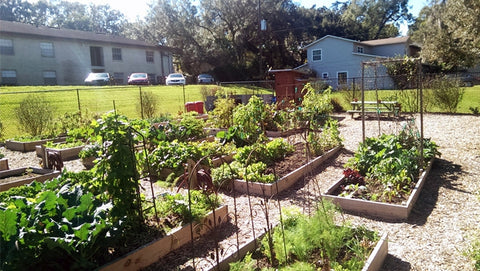
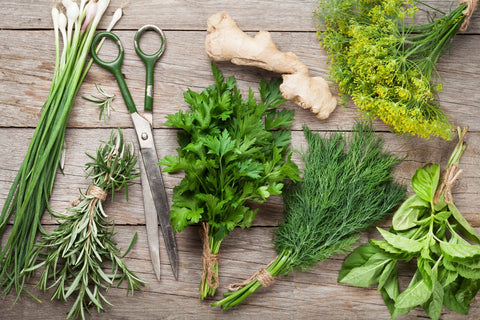


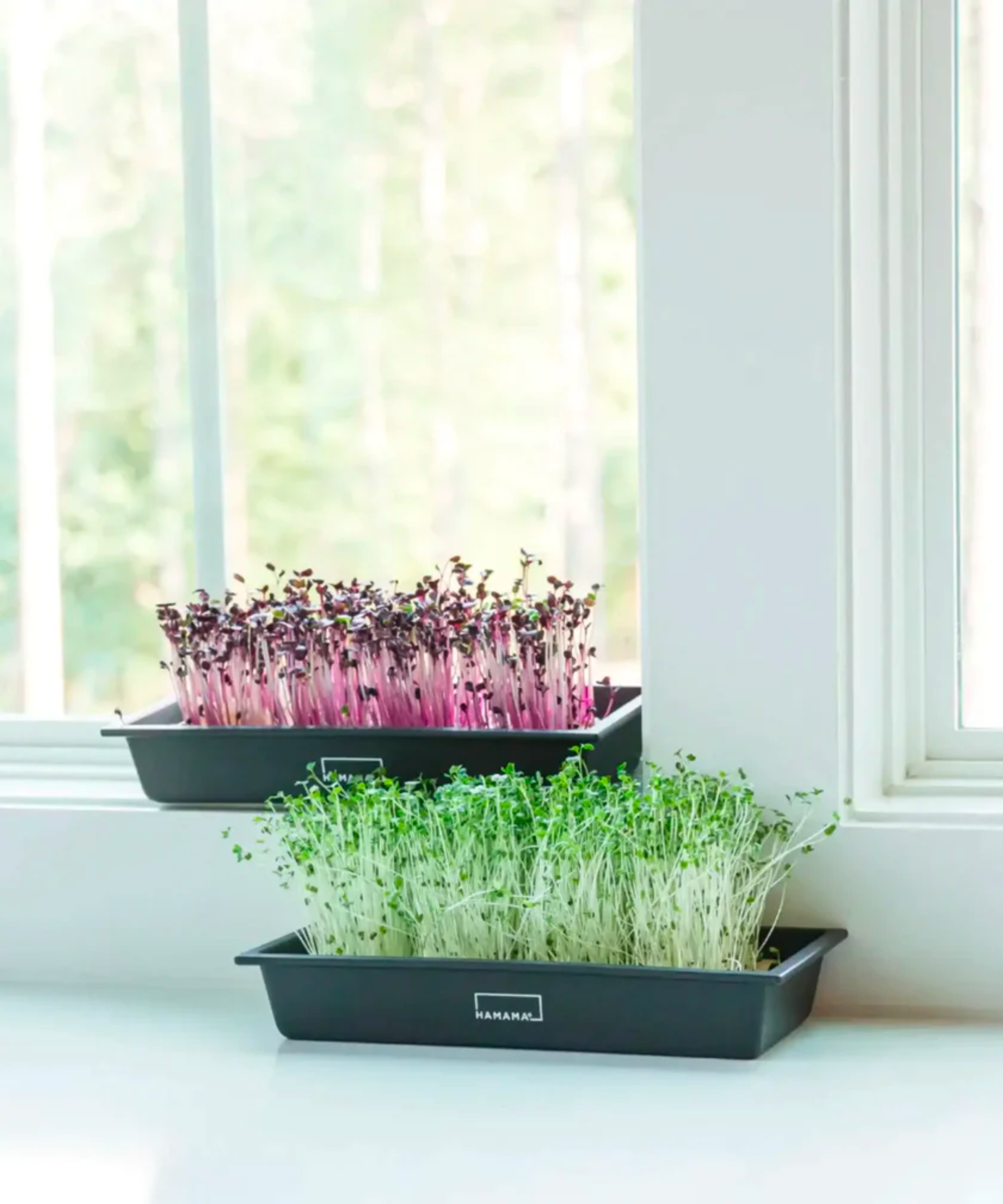
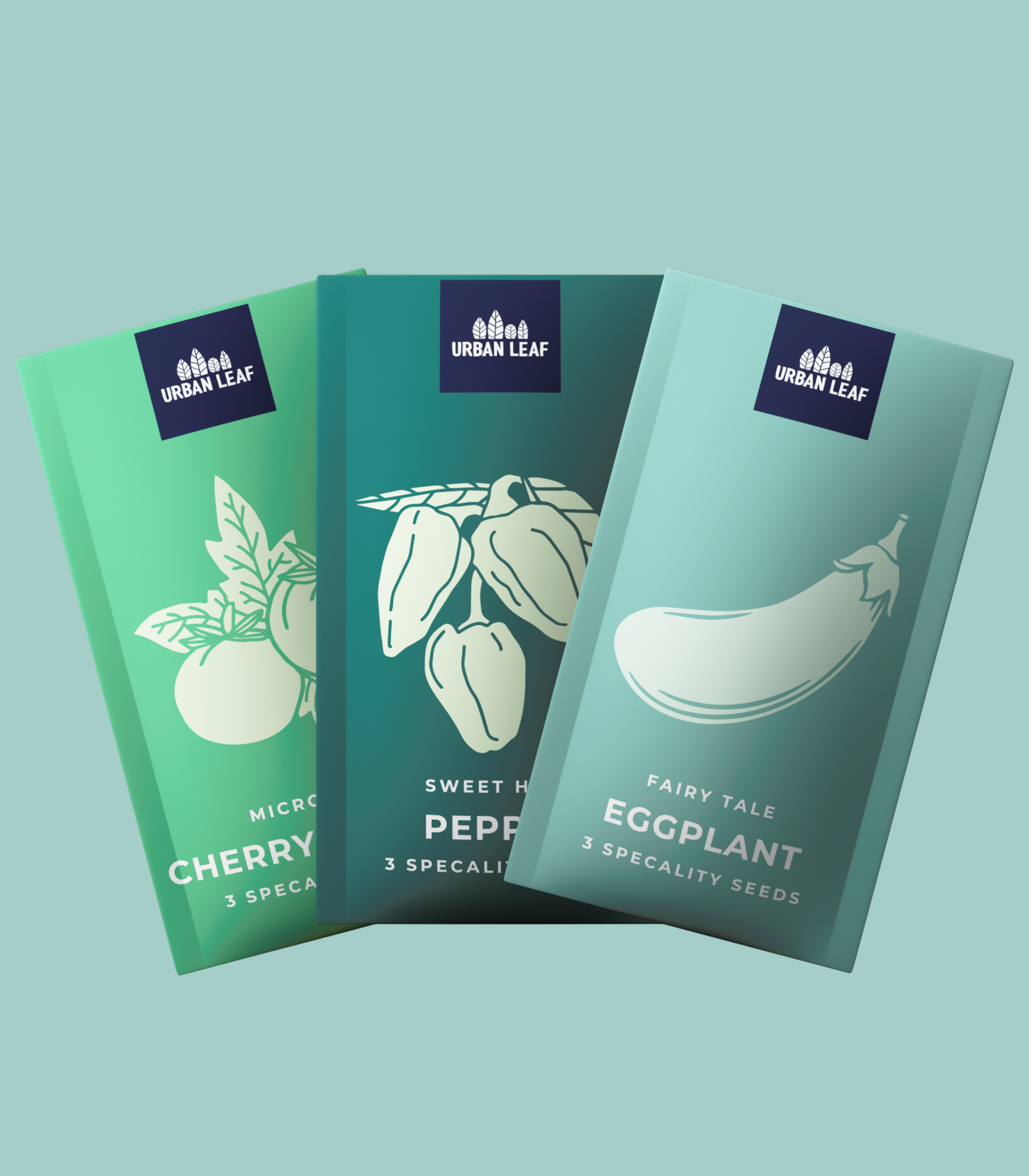
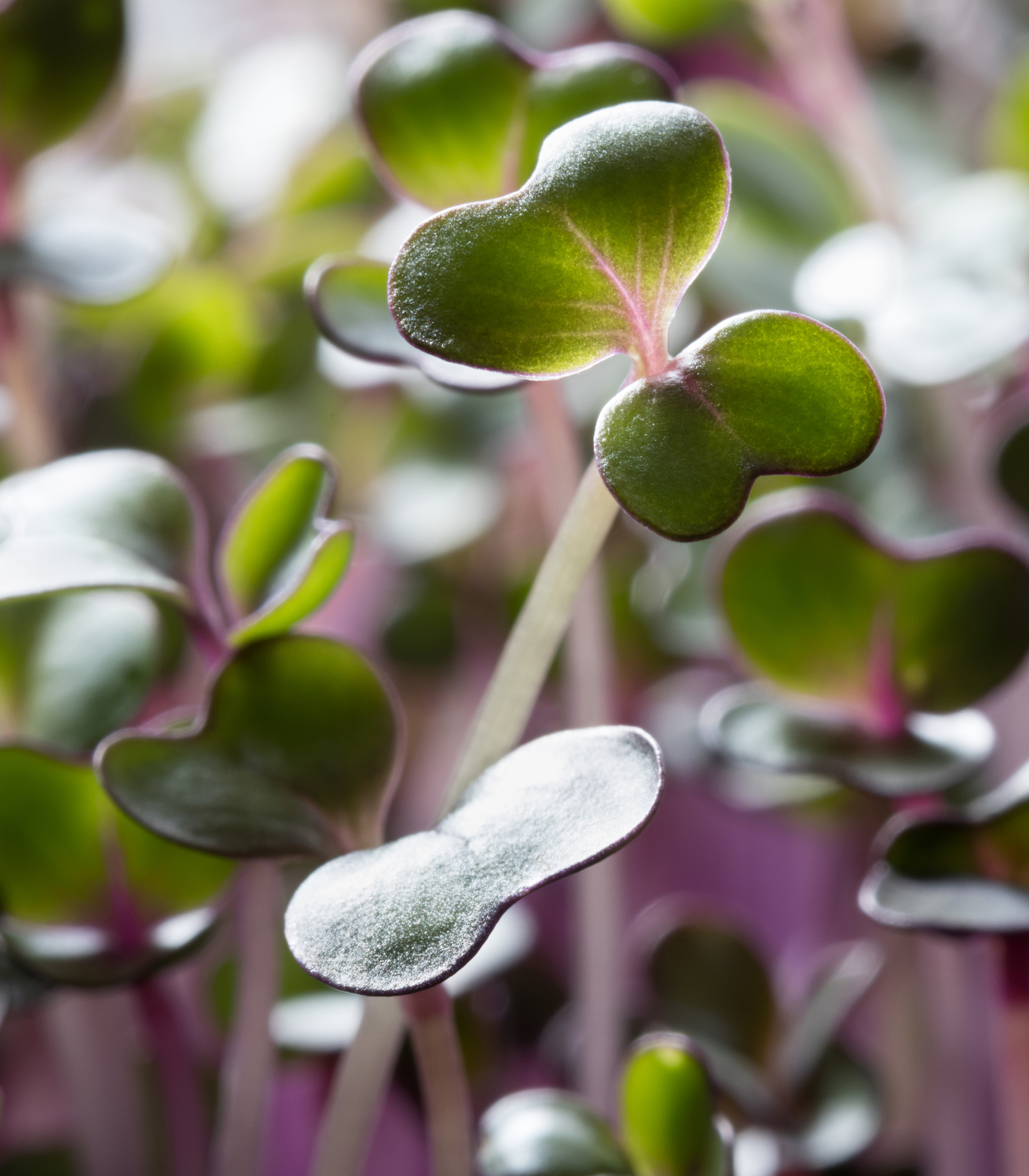


There are no comments for this article. Be the first one to leave a message!